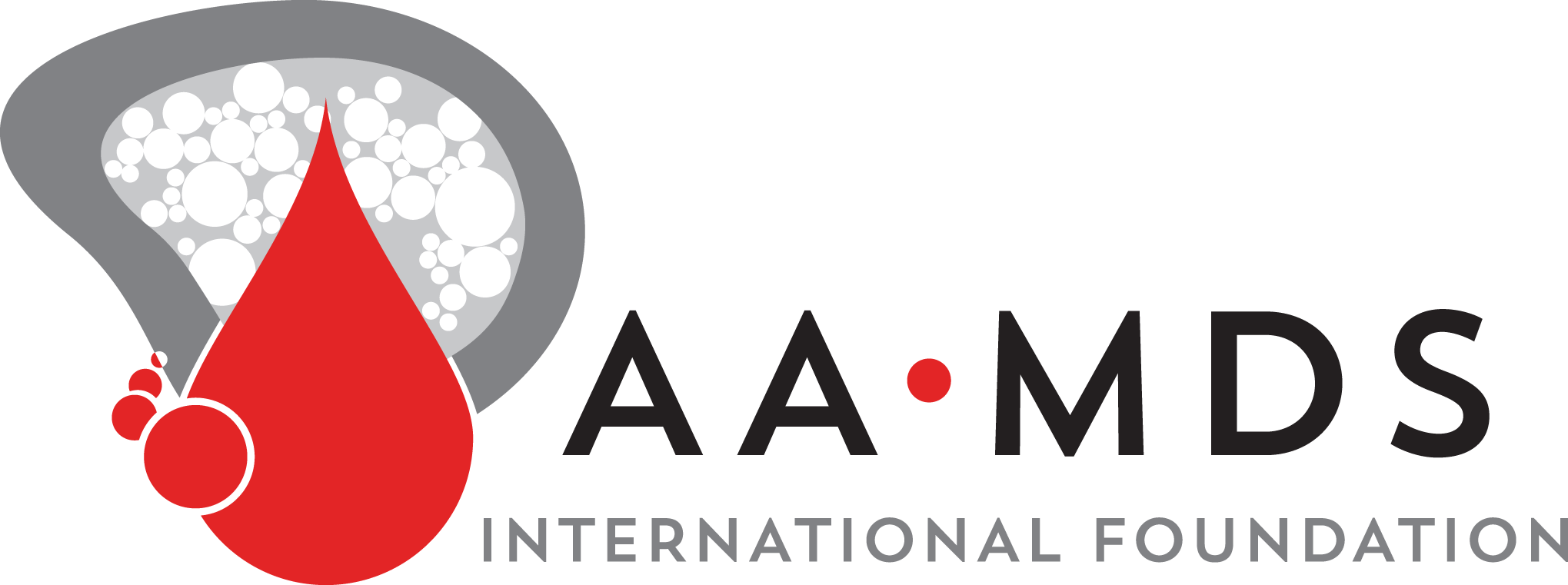For Patients
PNH Patient Registry
Welcome
Paroxysmal Nocturnal Hemoglobinuria (PNH) is a rare blood disease that causes red blood cells to break apart. PNH is characterized by destruction of red blood cells (hemolytic anemia), blood clots (thrombosis), and impaired bone marrow function (not making enough of the three blood components). PNH affects 1-1.5 persons per million of the population. It can appear at any age and in any race or gender. It is most often diagnosed in people in their 30s and 40s. Aplastic anemia is the only known risk factor for developing PNH and people with PNH can share symptoms with aplastic anemia patients, such as low blood cell counts. Treatment for PNH varies based on severity of symptoms. The PNH Registry is available in English and Spanish.
What is a Patient Registry?
A patient registry is an online data system that systematically collects, stores, and retrieves patient data for analysis in research studies.
The primary aim of the Global Paroxysmal Nocturnal Hemoglobinuria (PNH) Patient Registry is to conduct a natural history study that will result in a more comprehensive understanding of PNH and its course and pace over time. Other registry objectives include the following:
- Provide a convenient online platform for participants (or caregivers) to self-report cases of PNH.
- Develop a communications registry within the Global PNH Patient registry (e.g., to notify patients of research studies and clinical trials).
- Characterize and describe the Global PNH population as a whole, enhancing the understanding of disease prevalence and phenotype as well as the rate of progression of disease characteristics.
- Be a case-finding resource to be used for researchers who seek to study the pathophysiology of PNH, retrospectively collate intervention outcomes, and design prospective trials of novel treatments
The Aplastic Anemia and MDS International Foundation (AAMDSIF) owns the registry and is the world’s leading nonprofit health organization dedicated to supporting patients and families living with aplastic anemia, myelodysplastic syndrome (MDS), paroxysmal nocturnal hemoglobinuria (PNH), and related bone marrow failure diseases. The Foundation provides answers, support, and hope to thousands of patients and their families around the world. The registry is hosted by the National Organization for Rare Disorders, Inc. (NORD®); an independent non-profit patient advocacy organization dedicated to individuals with rare diseases and the organizations who serve them.
What types of data will be collected in the Global PNH Patient Registry? Is the data secure?
The Global PNH Patient Registry collects data on the following topics:
- Socio-demographics
- Medical and diagnostics
- Treatment and disease progression
- Management of care
- Quality of life
After completion of baseline surveys, participants may also select to receive a digital gift card totaling $75 USD as a thank you for your participation.
The Global PNH Patient Registry follows strict government guidelines to assure patient information is protected. The platform is served over HTTPS, which means that the data is encrypted when being sent from the user’s browser to the NORD servers. The data is also kept encrypted in the NORD database (data at rest). Communications between the registry platform application server and the database are also encrypted. As with any information one provides electronically, there is a very rare chance that privacy could be compromised. However, the registry and the security measures minimize the chance of this occurring.
Click here for list of frequently asked questions. Click here for frequently asked questions about our Thank You Gift Card program.
The Global PNH Patient Registry is a collaborative effort between AAMDSIF and NORD, along with the support of industry partners, Apellis Pharmaceuticals, Inc., Genentech, Inc., and Novartis.
